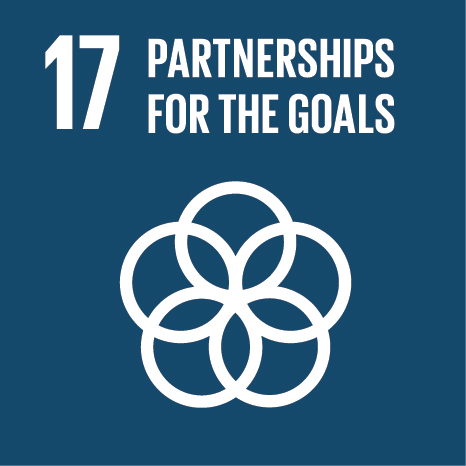Digital Transformation and Education: The Contribution of the StudiesDIG Project to a New Collaborative Agenda
Event Title
Transylvanian International Conference in Public Administration
Year (definitive publication)
2024
Language
English
Country
Romania
More Information
Web of Science®
This publication is not indexed in Web of Science®
Scopus
This publication is not indexed in Scopus
Google Scholar
This publication is not indexed in Google Scholar
This publication is not indexed in Overton
Abstract
As digital transformation accelerates across sectors, there is a pressing need for educational systems to bridge the gap between traditional practices and the competencies required for the digital era. This paper presents the StudiesDIG Project, an EU-funded initiative, which seeks to reshape higher education and public administration through the development of a new collaborative agenda. The project emphasizes the importance of multi-sector partnerships—connecting academia, government, and industry—to address the challenges of digital literacy, skill development, and digital inclusion.
At the heart of the new collaborative agenda is the integration of digital literacy across all subjects, fostering a digitally competent workforce capable of navigating the demands of e-governance and digital public services. The paper details how the project can promote digitalization on education by introducing technologies like AI, big data, and cybersecurity into curricula, supporting public institutions in aligning their practices with the needs of a digital society.
Fieldwork conducted between Portugal and Bulgaria, by visiting more than 10 bulgarian institutions, highlights how this collaborative agenda is being implemented through partnerships with institutions such as the Ministry of E-Government (MEGOV) and Institute of Public Administration (IPA). These collaborations must lead to improvements in digital governance and transparency, as well as on the development of adaptive learning models that promote lifelong learning for public servants. Additionally, efforts to ensure digital inclusion and equity, particularly for marginalized communities, are central to the project’s mission, as illustrated by the Arete Foundation’s work in bridging the digital divide.
This paper argues that fostering a collaborative digital agenda is critical to equipping both educational institutions and public administrations with the tools needed to remain agile in the face of rapid technological changes. The StudiesDIG Project’s recommendations focus on expanding partnerships, fostering digital innovation, and creating flexible educational frameworks to meet future challenges in governance and education.
Acknowledgements
This paper is produced under a research project conducted as part of the StudiesDIG project (Models and Instruments for Transforming Higher Education Systems through Transnational Multi-Sector Links), funded by the European Union under the Horizon Europe
Keywords
Digital Transformation,StudiesDIG Project,Digital Literacy,Public Administration,E-Governance,Lifelong Learning,Collaboration,Digital Inclusion
Related Projects
This publication is an output of the following project(s):
Contributions to the Sustainable Development Goals of the United Nations
With the objective to increase the research activity directed towards the achievement of the United Nations 2030 Sustainable Development Goals, the possibility of associating scientific publications with the Sustainable Development Goals is now available in Ciência_Iscte. These are the Sustainable Development Goals identified by the author(s) for this publication. For more detailed information on the Sustainable Development Goals, click here.

 Português
Português



